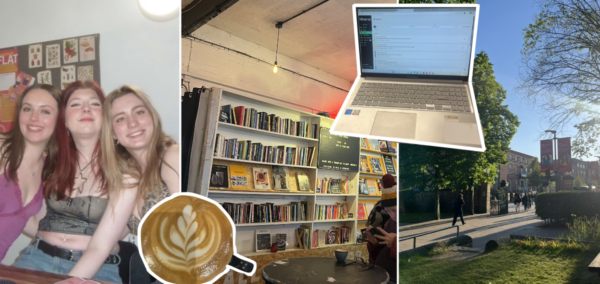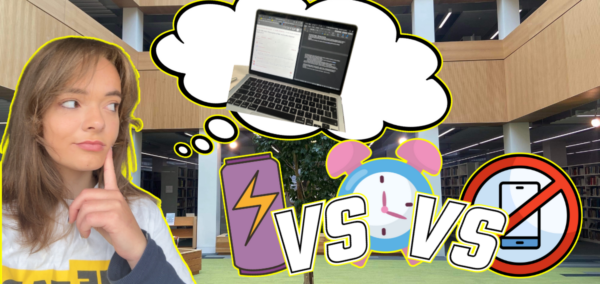
University of Birmingham PhD student writes play based on her experience of spiking
Saraya Haddad’s one-woman play has been performed in Edinburgh and Birmingham respectively
A University of Birmingham PhD student has written a play based on her experience of spiking.
Saraya Haddad, who is studying at the university’s Shakespeare Institute, relayed her experience of being spiked to BBC Radio WM.
Talking about having her drink spiked five years ago, she said: “I woke up 13 hours later, in my bed, with absolutely no clue how I got there or what had happened.
“You feel like somebody has taken away your autonomy, you feel disempowered, you feel like that control over your mind and body has been gone.”
However, Saraya has used this experience to help write her one-woman play, Spiked.
Spiked took inspiration from Shakespeare’s The Tempest, which considers themes of puppeteering and control of a magician. Saraya has had success with her play, performing it at the Edinburgh Fringe and in Birmingham too.
The positive results of her campaign have led to the Security Industry Authority (SIA) using Spiked as a way to retrain security personnel with relevant knowledge on spiking incidents in the future.
The SIA stated: “As well as introducing refresher training for door supervisors and security guards, we support them to take the Welfare and Vulnerability Engagement e-learning course to refresh their skills to effectively handle and respond to vulnerability in their surroundings.”
The refreshment of training will become compulsory for all security guards and door supervisors by April 2025 in an act to protect people.
A survey conducted by Students Organising for Sustainability United Kingdom, which included 2,700 student respondents, found that “spiking has been reported in various locations, with over a third of respondents knowing or believing they have been spiked at a local nightclub.”
Most Read
University of Wolverhampton students Sophie-Jade Blakeway and Courtney-Mae Allison have also created a spiking campaign to raise awareness for symptoms of spiking and to keep people safe.
Courtney-Mae told the BBC: “I think sometimes it not necessarily that they don’t know what to do, but they can be in a bit of a panic if they haven’t got the correct training to make sure you get escorted out safely.”



















